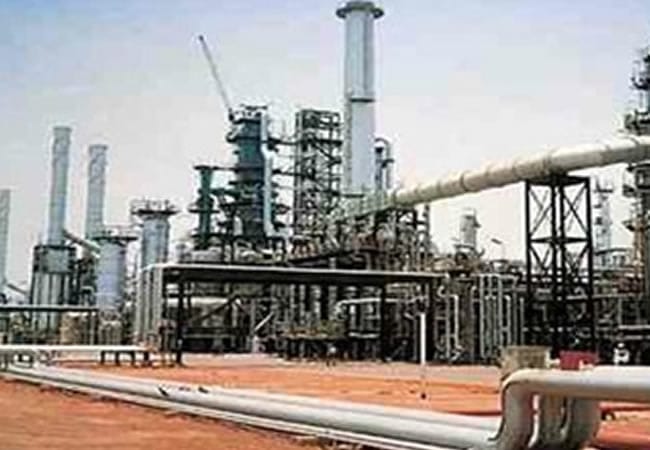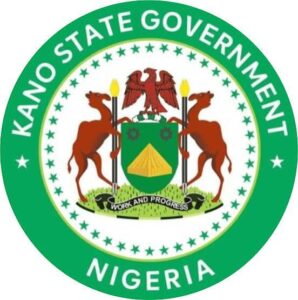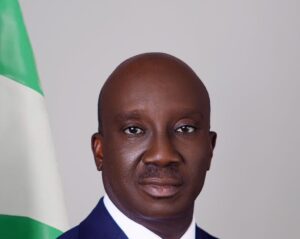Nigeria’s Minister of Power, Adebayo Adelabu, has raised alarm over the nation’s electricity sector, warning that it could grind to a halt if the Federal Government fails to urgently clear a staggering N4 trillion debt owed to power generation companies.
Speaking at a high-level meeting with President Bola Tinubu and the Association of Power Generation Companies (APGC) at the Presidential Villa in Abuja, Adelabu described the debt—dating back to 2015—as a major obstacle threatening the sustainability of recent reforms and improvements in the sector.
The minister emphasized that the electricity industry is at a critical tipping point and that without immediate financial relief, there is a real risk of generation shutdowns. Such a breakdown, he warned, could destabilize the economy and reverse the strides made under the current administration.
While President Tinubu has requested time to validate the debt figures, Adelabu appealed for partial payments to keep the system afloat during the verification process. He credited Tinubu’s leadership with laying a strong foundation for a more efficient, investor-friendly power market, citing major legislative and infrastructure milestones achieved since May 2023.
Among the accomplishments highlighted were the passage of the Electricity Act 2023—which decentralised the sector—and the unveiling of Nigeria’s first Integrated National Electricity Policy in 24 years. These reforms, according to Adelabu, have spurred over $2 billion in fresh investments, boosted power generation capacity, and improved grid stability, with zero national collapses recorded in 2025.
Additionally, the minister noted a 70% jump in annual sector revenue, rising from N1 trillion in 2023 to N1.7 trillion in 2024. This growth, he said, has cut government subsidies by N700 billion and helped finance new grid and metering projects, including the delivery of over 300,000 smart meters under a N700 billion initiative.
However, Adelabu warned that all these gains could unravel if the liquidity crisis is not resolved. Echoing calls from industry leaders like Tony Elumelu and Kola Adesina, he stressed the urgent need to restore gas supply—especially in regions like Afam, where unpaid gas bills have constrained power output.
He proposed unlocking gas reserves via the Nigerian LNG project as a short-term fix while long-term reforms continue. The minister also backed the President’s call for Gencos and financial institutions to exercise patience during the debt verification process, while assuring stakeholders that only genuine liabilities would be honoured.
Adelabu endorsed the N4 trillion bond programme approved in principle by President Tinubu as a potential lifeline for the sector, urging collaboration to finalise the terms and ensure transparency.
Concluding, he reaffirmed the administration’s commitment to achieving reliable, affordable electricity for all Nigerians, describing power as central to the country’s industrial and economic future.
The meeting was attended by key government figures, including the President’s Chief of Staff, Femi Gbajabiamila; Finance Minister Wale Edun; Information Minister Mohammed Idris; and Special Adviser on Energy, Olu Verheijen, as well as APGC chairmen and power industry stakeholders.











